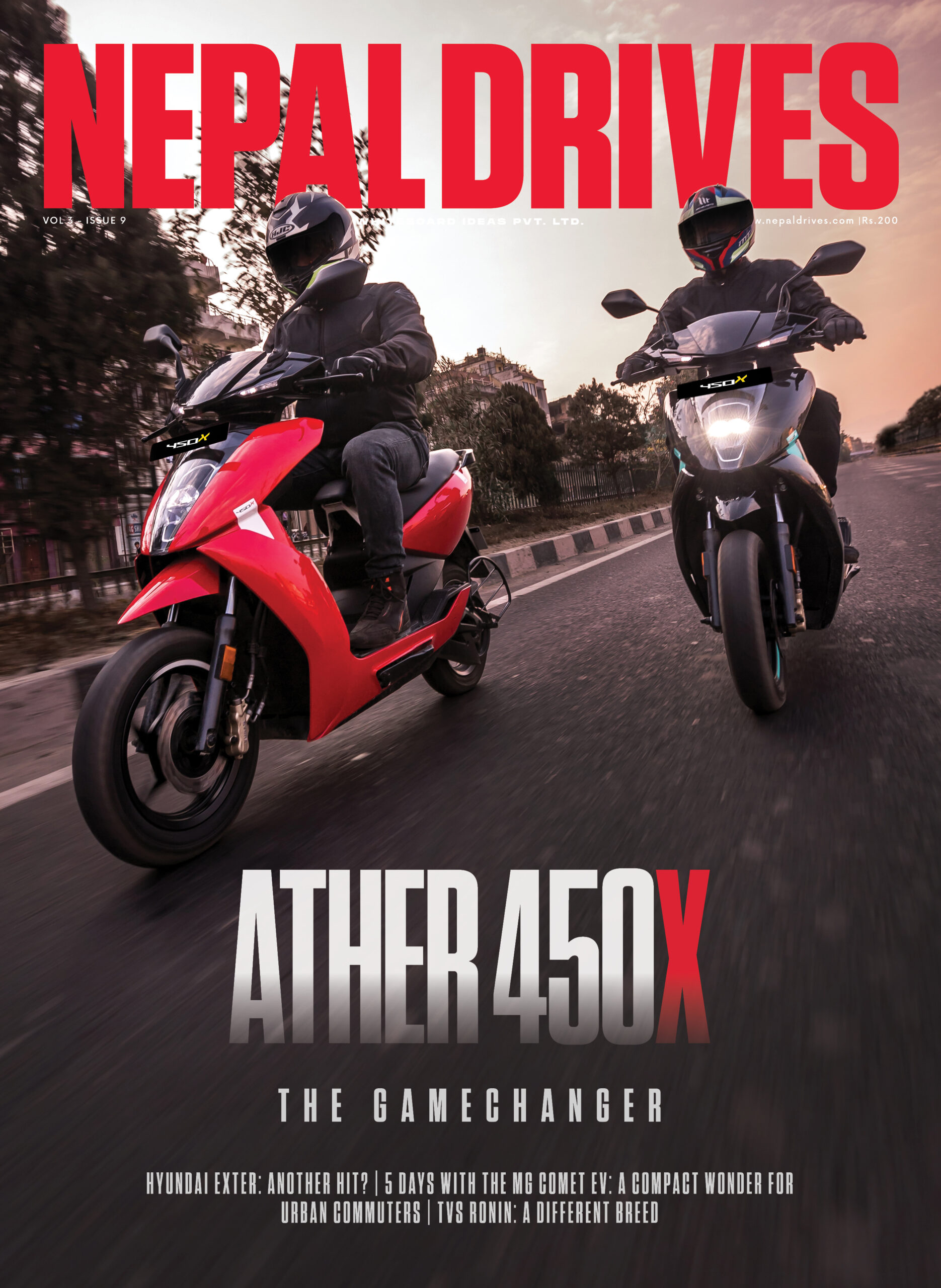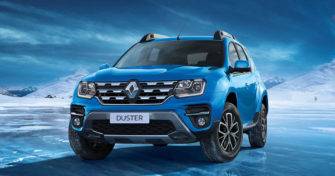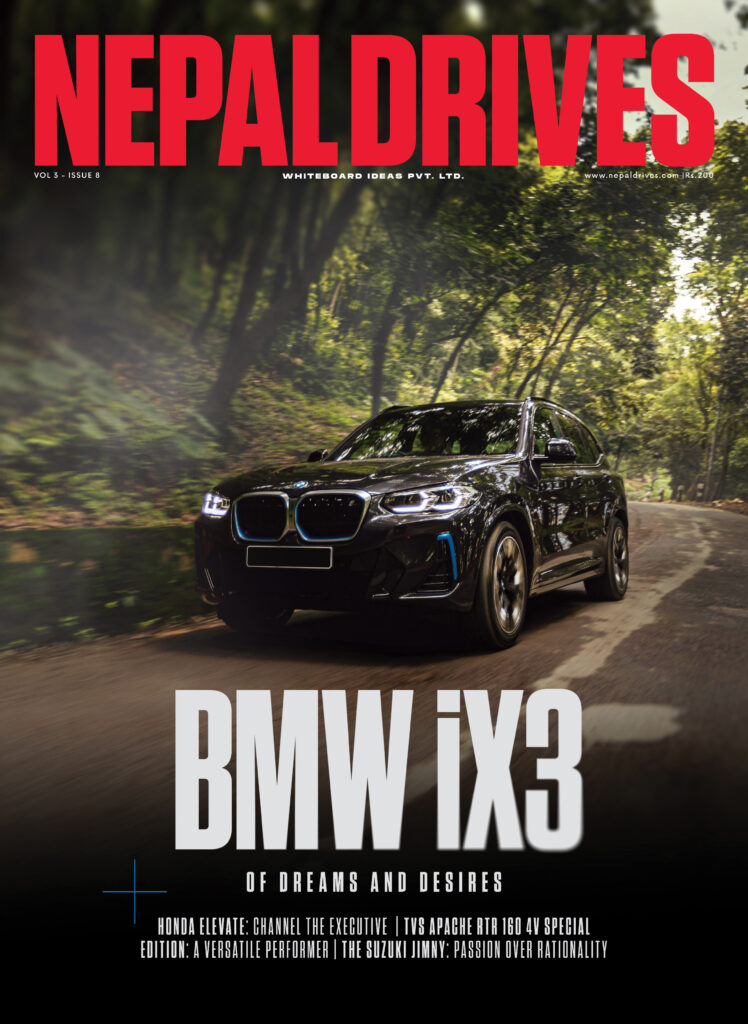Maruti Suzuki, Toyota India EVs To Get BYD Blade Cell Tech
Share



Maruti Suzuki and Toyota are getting ready to enter the EV segment in India. Not only will the SUV be based on a grounds-up new, all-electric architecture, but it will also pack in cutting-edge Lithium-ion (Li-ion) batteries. Dubbed ‘Blade’ batteries, they are manufactured by Chinese EV maker BYD and the Maruti-Toyota combine hopes that the battery tech will give it an edge in the cost-conscious Indian market.
There are numerous chemistries of Li-ion batteries available, but the most common types are the lithium ‘metal’ oxide (where the metal can be NMC [nickel-manganese-cobalt] or NCA [nickel-cobalt-aluminum], among others) and lithium ferrous phosphate (LFP). While NMC batteries have remained the go-to choice for Western automakers like Mercedes-Benz, BMW, Volkswagen, and Ford, the LFP chemistry has found favor with Chinese automakers.
BYD’s Blade batteries are based on the LFP chemistry. They derive their name from the fact that each cell is prismatic (read: cuboidal) and incredibly long. However, BYD claims that its Blade batteries are superior to conventional LFP cells.
These are generally much safer, but BYD claims to have gone a step further with its version in the Blade cells. It says that during nail penetration tests – considered to be one of the most stringent in assessing battery safety – the surface of the Blade cells only reached a temperature of 30-60deg Celsius, without any signs of smoke or fire. The automaker further states that under similar conditions, conventional LFP batteries had a surface temperature of 200-400deg Celsius, while ternary (NMC) batteries not only exceeded 500deg Celsius but also “violently burned”.
While the claimed benefits of BYD’s latest batteries might seem too good to be true, the company says that a number of international automakers are already interested in its tech, which was first revealed in early 2020. According to multiple media reports, even Tesla is considering using BYD’s Blade batteries for the standard range versions of its Model 3 and Model Y. The entry-level variants of these EVs in China currently use regular LFP cells sourced from another Chinese automaker, CATL.








